Ioanna Kleftogianni in To Vima reflects on the thefts at the British Museum and speaks to Professor Paul Cartledge, Vice-Chair about the crisis in Bloomsbury, plus takes a statement from Janet Suzman, Chair of BCRPM.
The Vice-Chair of the British Committee for the Reunification of the Parthenon Marbles says the Greek government "behaved absolutely right" by not linking the thefts "to its long-standing and perfectly legitimate demand for reunification".
Game changer. The timeless argument that "the Parthenon Sculptures are safer in the British Museum" is hotly contested, if not destroyed after the recent revelations, which fell like a bolt of lightning from the sky about the unknown number of lost antiquities that have been "stolen, destroyed or missing" from the British Musem's storerooms.
Two weeks after the British Museum's theft scandal was disclosed, there is still concern about the refusal to publish (as is customary in such cases), the list of the stolen artefacts, which allegedly also includes Greek antiquities.
Now the question is one: the theft of valuable objects from the British Museum and their sale via eBay, despite warnings since at least 2021, and does this upgrade Greece's claims?
The British press speaks of "systemic failures" in the British Museum, shocked by the other revelation of the days about the lack of listings for all objects held by the Museum.
The revelations caused global outrage and a domino effect of resignations (first the director Hartwig Fischer and then deputy director Jonathan Williams), following the earlier dismissal of the head of Greek collections, Peter Higgs. But do these dismissals and resignations reinforce the long-standing demand for the repatriation of the Marbles?
The quality of the exhibition in the Duveen Gallery and its physical condition are, admittedly, a cause for concern
It can proceed on a completely new basis, with a happy end for the Greek side – namely, the Parthenon Sculptures fully reunited, within the Acropolis Museum – the debate that began last autumn on this issue, between the Chair of the British Museum and former economy minister, George Osborne, the Greek prime minister, Kyriakos Mitsotakis, and the then minister of state and now foreign affairs, George Gerapetritis.
Questions posed by "To Vima" to the Chair of the British Committee for the Repatriation of the Parthenon Marbles (BCRPM), Dame Janet Suzman, and to the Vice-Chair, one of the longest-serving members of the Committee, Professor Paul Cartledge.
The award-winning Shakespearean actress-legend says she is outraged: "The time has finally come for the British Museum to return the Greek masterpieces that were stolen. Patience is running out."
The leading modern Hellenist argues, modestly, that the theft scandal and the Greek request are two completely unrelated issues, hence, he adds, the Greek government "behaved absolutely correctly" by not linking the thefts "to its long-standing and absolutely legitimate request for the reunification of the Marbles", stressing that "no Parthenon Marble is ever in danger of being stolen and put up for sale on eBay".
And this despite the "very seriousness" of this recent scandal, which, as the former holder of the A.G. Leventis Chair at Cambridge University points out, raises for him "a series of anguished thoughts and questions":
"First of all, it turns the spotlight on the Museum, when it already answers or rather rejects other uncomfortable questions. Second, it raises questions about how quickly it discovered the thefts and reported them to the police. Moreover, it calls into question the role of the director, trustees and department heads – not just the then curators of the Greek and Roman Department. It reveals to the uninformed public the extent to which the vast majority of what the Museum holds has never seen the light of day. At the same time, it creates an air of suspicion throughout the institution, while violating and abusing public trust. And finally, it has damaged the very concept of the museum, especially that of the ecumenical museum."
Q: The Welsh, Mr Cartledge, are already demanding their own antiquities. Do you believe that the Greek government's request for the return of the Parthenon Marbles is now being put on a new footing? Has the claim that the Parthenon Sculptures are safe in the British Museum been debunked?
"Nope. The reunification of the Parthenon Sculptures and the theft of other objects from the collection of the British Museum are two completely separate questions and issues. The first is a moral, diplomatic, aesthetic, cultural issue. The second is a technical, managerial issue that the Museum must solve on its own. I am sure that no Parthenon Sculpture is in danger of ever being stolen by the British Museum and put up for sale on eBay. The quality of the exhibition in the Duveen Gallery and its physical condition are, admittedly, cause for concern, but this is a separate issue. Hence the Greek government behaved absolutely correctly by not making public comment on the thefts and therefore not linking its long-standing and perfectly legitimate demand for the Reunification of the Marbles – as some Greek media unfortunately did – with the recent theft case."
Q: The revelations about the theft were first made internally at the museum in 2021, while President Osborne was in discussions with the Greek prime minister. The British side made it public that there was talk of the possibility of a 10-year loan to Greece, a solution allegedly promoted by Mr. Osborne. Doesn't the scenario of the loan, which Mr. Osborne suggests, presuppose the acceptance that the sculptures are British-owned, which the Greek side does not recognize?
"There is indeed a contradiction. A rumour arose that there was talk of a 10-year loan, but it was officially denied by the Greek side that any kind of loan could ever be considered acceptable. And that certainly makes sense. A loan, legally speaking, implies acceptance of the ownership claim, which is exactly what the British side is claiming. But this claim, as international human rights lawyer Professor Catherine Titi very recently demonstrated once again, has absolutely no basis in international cultural property law, only in British domestic law, and is a claim that neither the Greek government nor the international community (UNESCO) recognizes.
Q: British law prohibits the British Museum from donating its exhibits other than Nazi loot and human remains. So, does the return of the Marbles to Greece require the adoption of a special law by Parliament?
"Yes. The British Museum is governed by the Museums Act 1963, which prohibits deaccession. And, yes, the reunification of the Parthenon Marbles would require both the change or withdrawal of the 1963 Act and, probably, the modification or repeal of the original 1816 Act of Parliament, according to which the then British government bought the Elgin Marbles, including the Parthenon Marbles, stolen by the former UK ambassador to the Ottoman Empire, Lord Elgin".
The Greek government should continue to exert diplomatic pressure aimed at encouraging the curators of the British Museum to persuade the British government to pass the necessary legislation
Obviously, the British Parliament would not withdraw a law in favour of Greek claims! I wonder if you would repeat today the view, expressed in 2022, that the Parthenon Sculptures will return to Greece "only when the UK will need a gesture against China or Turkey"...
"I meant that probably only in extreme circumstances would any British government, whether left or right or centrist, or an individual MP, put the issue of the reunification of the Marbles quite high on the parliamentary agenda, with probably MPs first and then the Lords voting in favour. As theoretical examples of such extreme conditions, I devised a situation in which the state of Greece would find itself threatened militarily or economically or culturally by active aggression, for example, by Turkey or China, so that the UK government and parliament wanted to make a huge gesture of solidarity.
You have argued that legal action, as has been seriously discussed in the past, is not a solution. Do you still share the view today?
"Based on past experience, this form of action has proven to be absolutely unsuccessful and counterproductive, because any 'legal' approach may appear to legitimise the UK government and the British Museum's claim to legal ownership of 'their own Marbles'. This only confuses and blurs the real issue, which is a moral one, not a question of legality."
So what can the Greek government do?
"It should continue to exert diplomatic pressure to encourage the Trustees of the British Museum to persuade the British government to pass the necessary legislation. Really,
Greece can do no more."
To read the entire article, which was published on 04 September in To Vima, follow the link here. The article is in Greek.
Janet Suzman: "The time to reunite the Parthenon Marbles has arrived, patience is running out."
"The time has finally come to return the Greek masterpieces that were looted (...). Patience is running out," said Janet Suzman, Chair of the British Committee for the Reunification of the Parthenon Marbles (BCRPM) for six years, and nominated for an Academy Award for Best Actress, and a Dame for her services to drama, who became known to younger generations by also appearing in the popular Netflix series "The Crown".
She bluntly calls "shameful" the stance taken on the issue of the return of the Parthenon Marbles by the recently resigned deputy director of the leading museum, Jonathan Williams, whom she disapproves for his proposal to "share" the sculptures with the Acropolis Museum.
"The scandalous revelations of mismanagement" Dame Janet Suzman hopes will shake the British Museum's view that it is "one of its kind". And it sums up that "priority must be given to respect for the cultural heritage of other nations".
"It is with relative relief that we read of the resignation of the deputy director of the British Museum, Jonathan Williams, precipitated by the revelation of the shocking thefts, and the uncatalogued treasures of the British Museum," Janet Suzman, Chair of of the British Committee for the Reunification of the Parthenon Marbles told To Vima.
UNITED
"At the last UNESCO meeting they were all united against Jonathan Williams categorical refusal never to return the Parthenon Marbles. Jonathan Williams’ attitude was embarrassing.
He also said that the Marbles were collected by Elgin, from the ground, where they had already fallen. A blatant lie. Elgin caused catastrophic damage to the great building by sawing the sculptures to remove them from the Parthenon to which they belonged," adds the Chair of the British Committee for the Reunification of the Marbles.
And three months later Jonathan Williams proposed a "Parthenon Partnership" with the Acropolis Museum, and the "sharing" of the sculptures. Knowing full well that sharing cannot be accepted by Greece, to which these sculptures belong both culturally and historically," concludes Dame Janet Suzman.
"We can only hope," she continues, "that the scandalous revelations of mismanagement will shake the British Museum's view that it is supreme, one of its kind. The time has come to return the Greek masterpieces that were stolen, with bribes, by a shadowy privileged aristocrat. Priority must be given to respect for the cultural heritage of other nations. Patience is running out," she concludes.


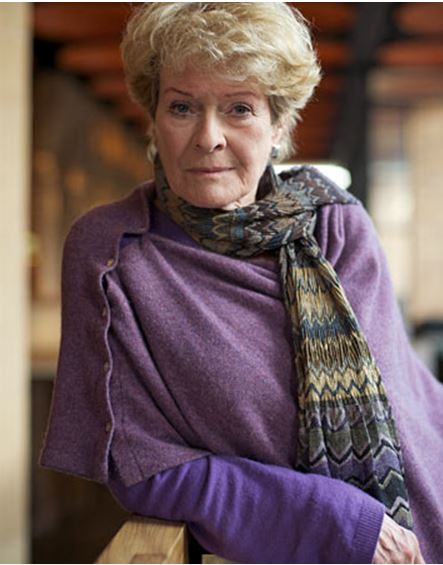
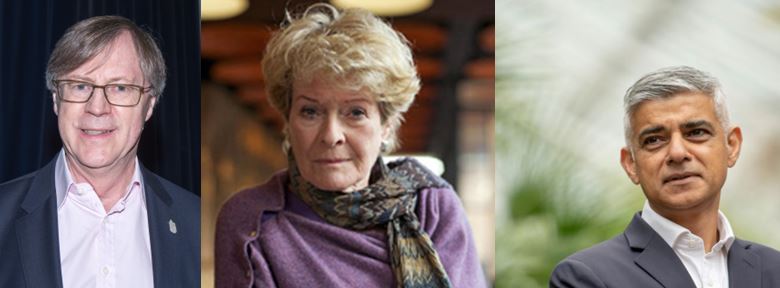
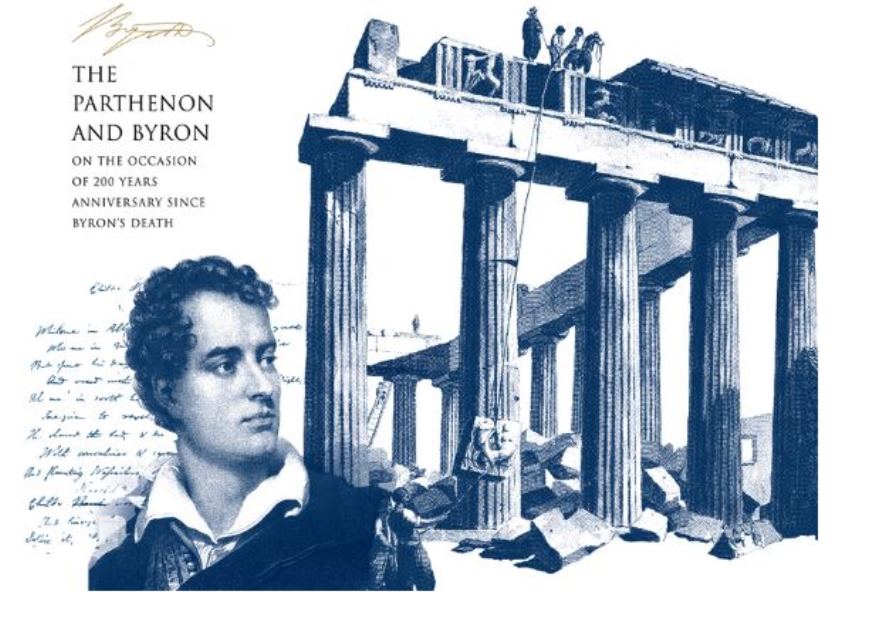
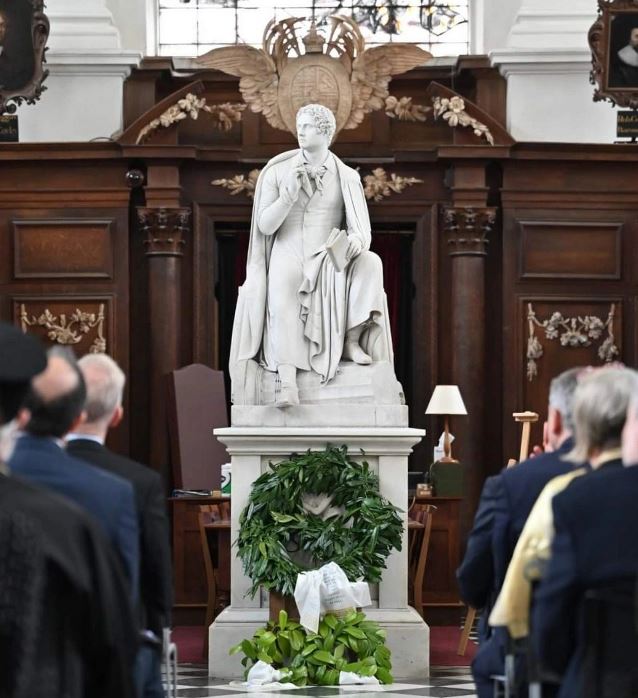
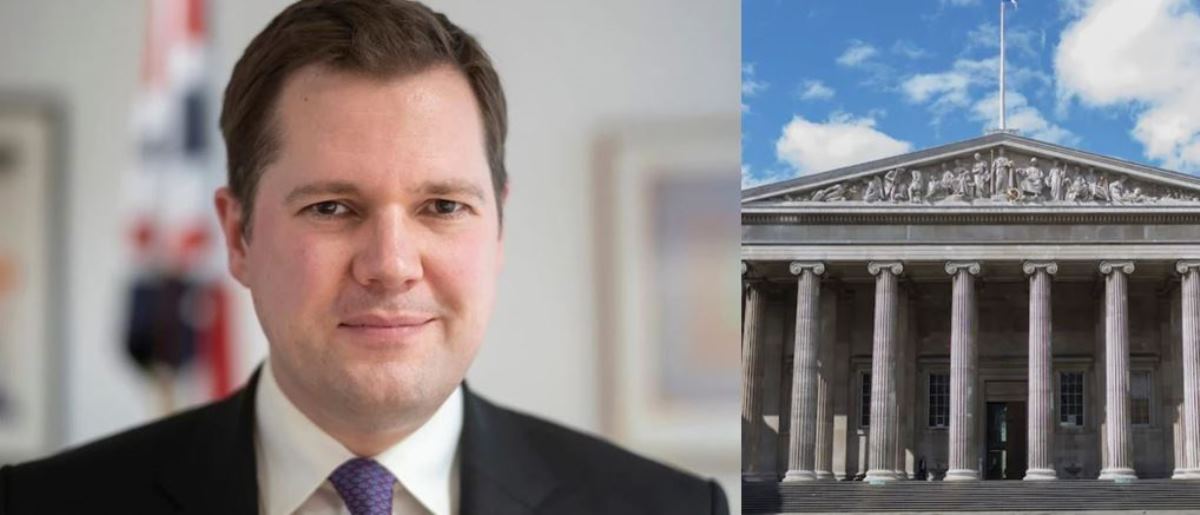
Comments powered by CComment